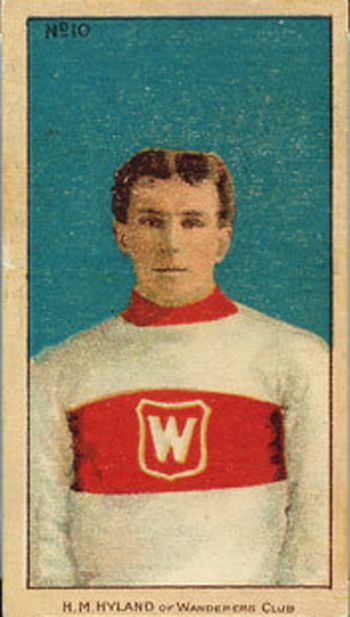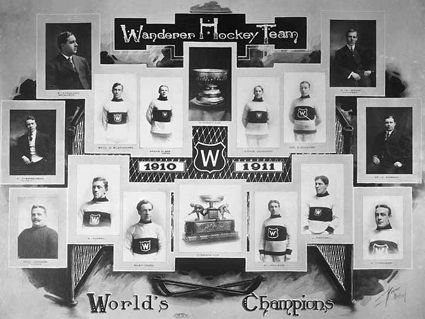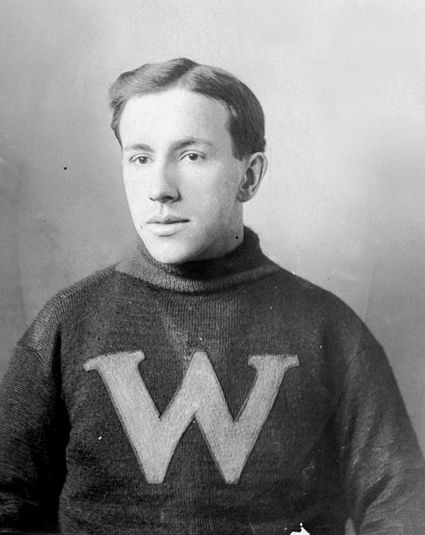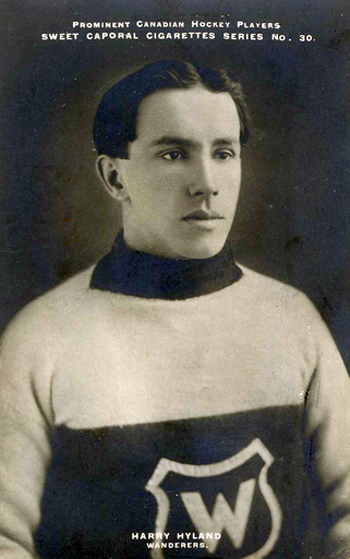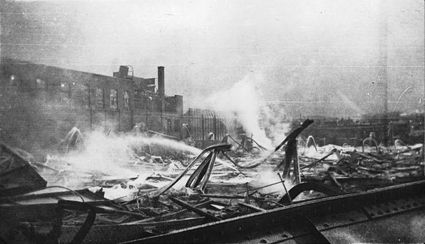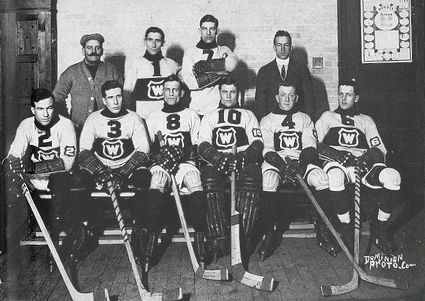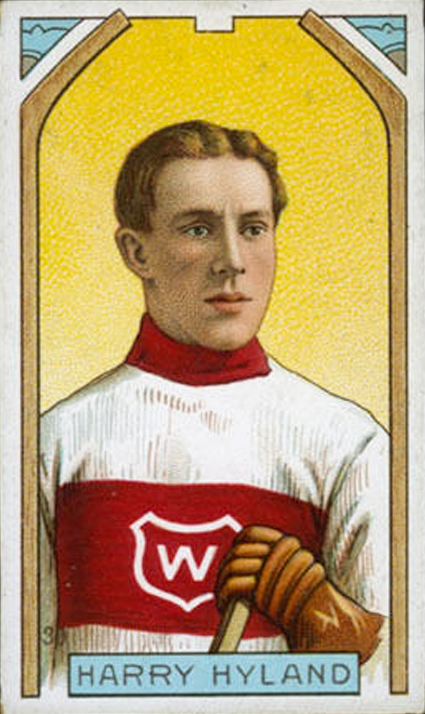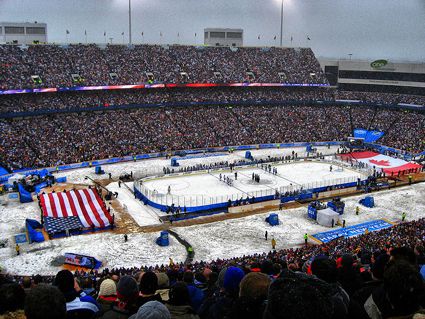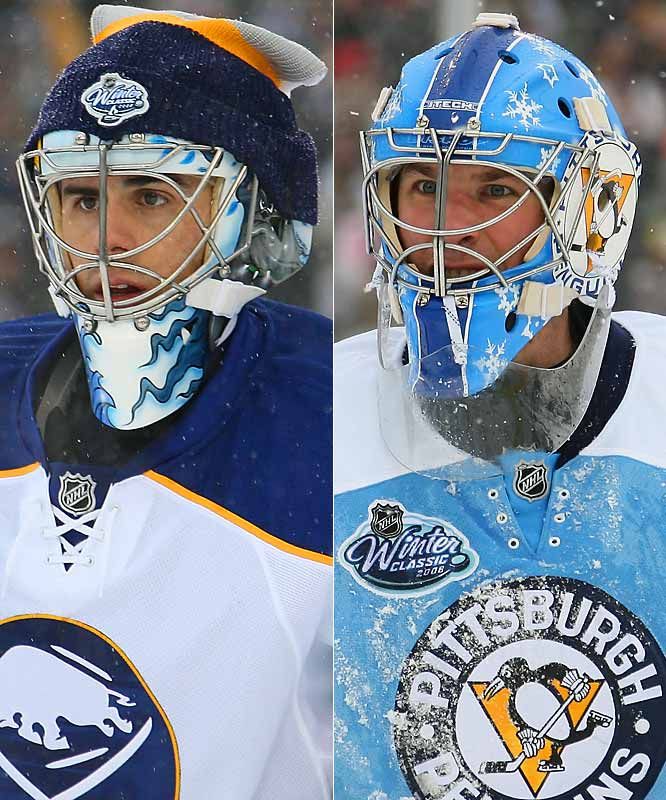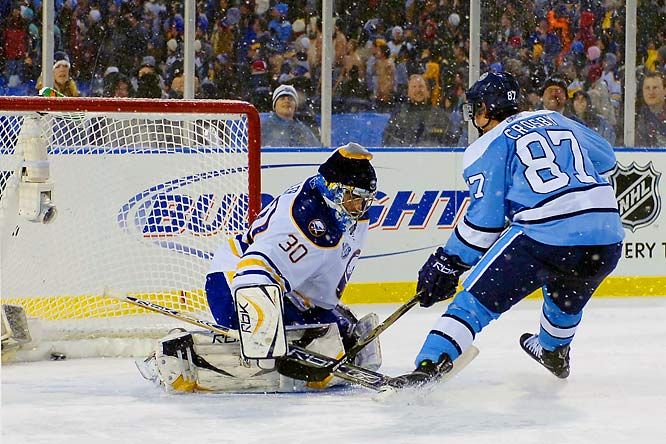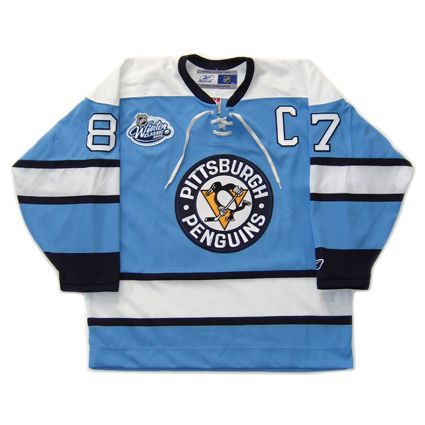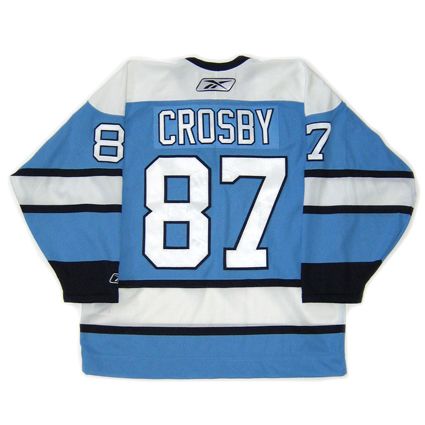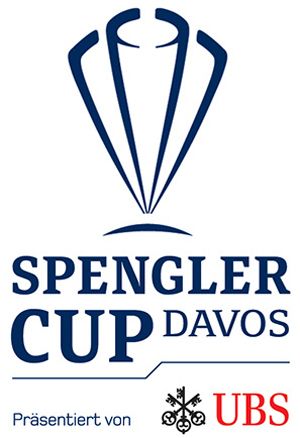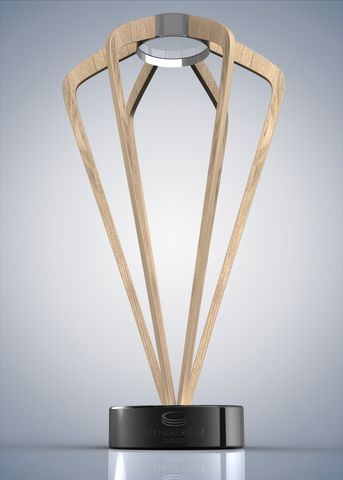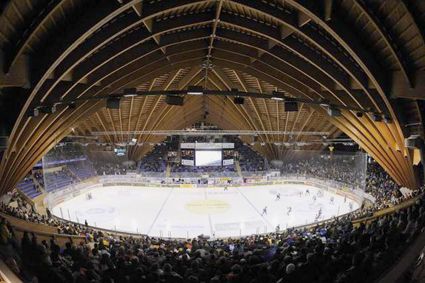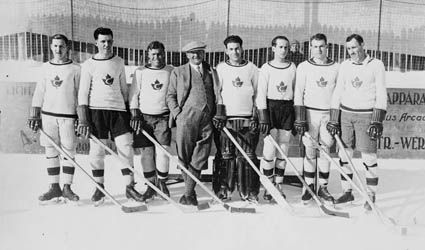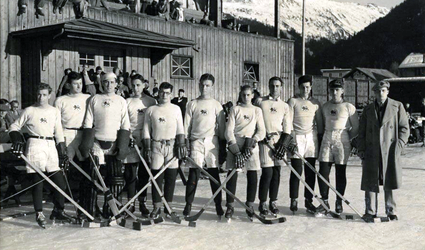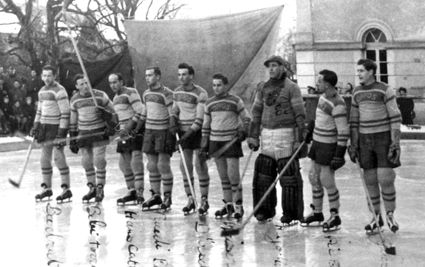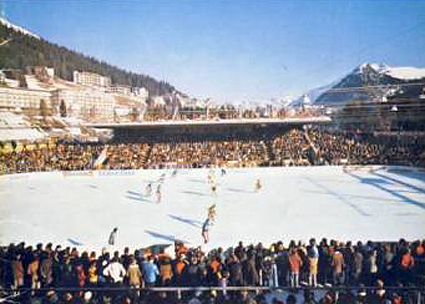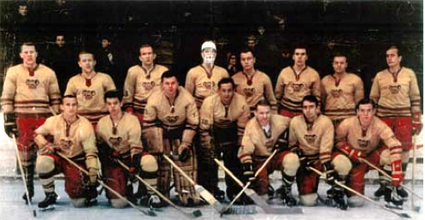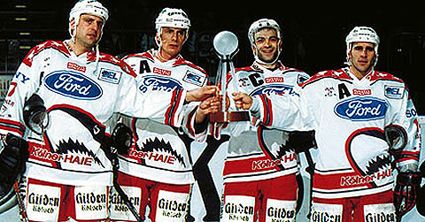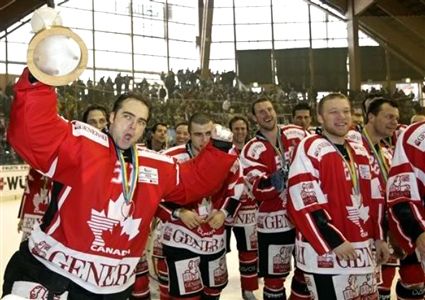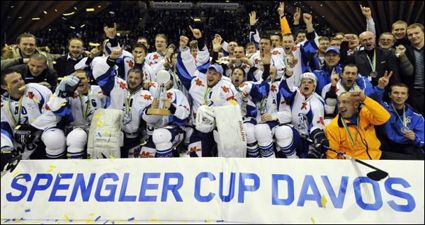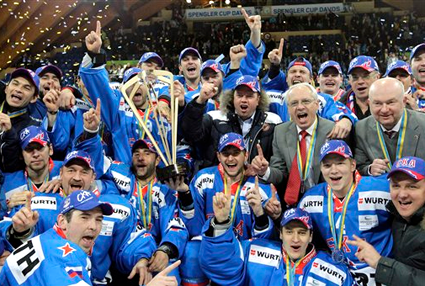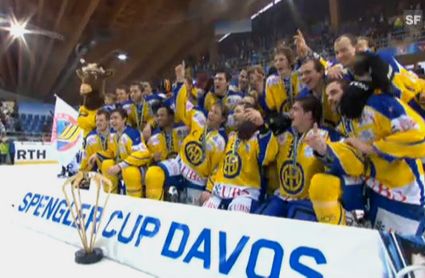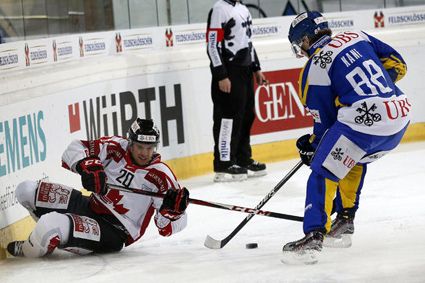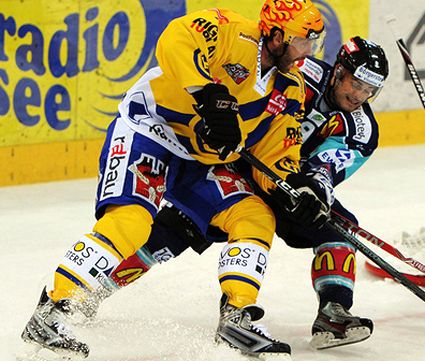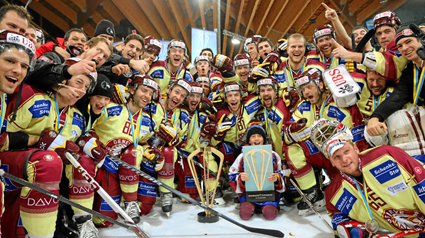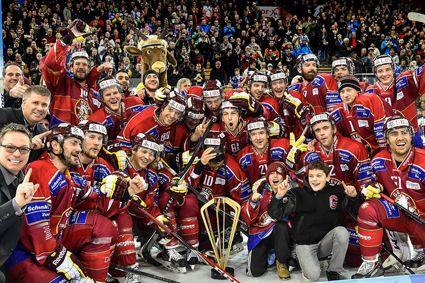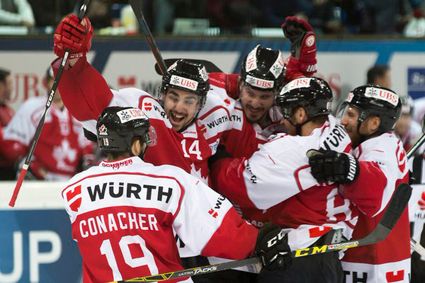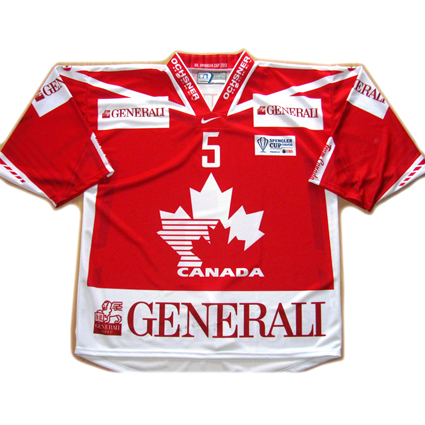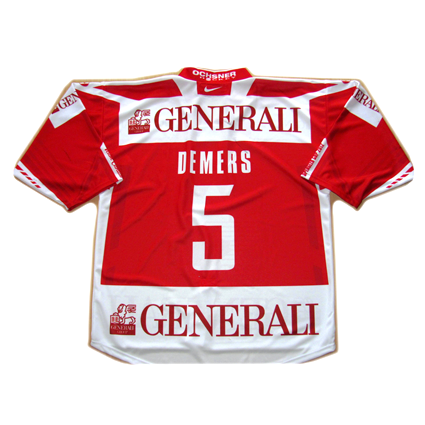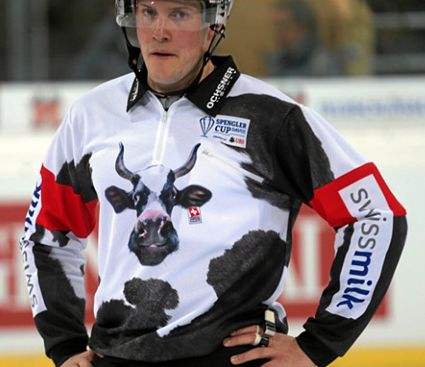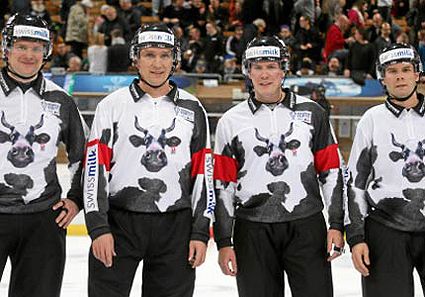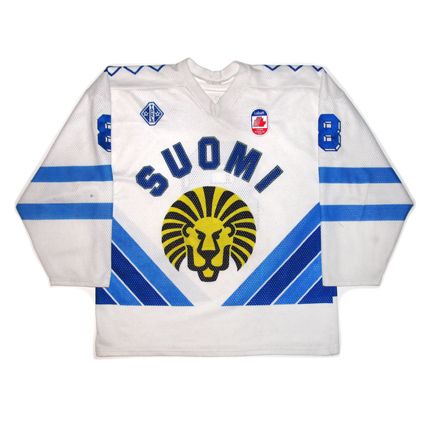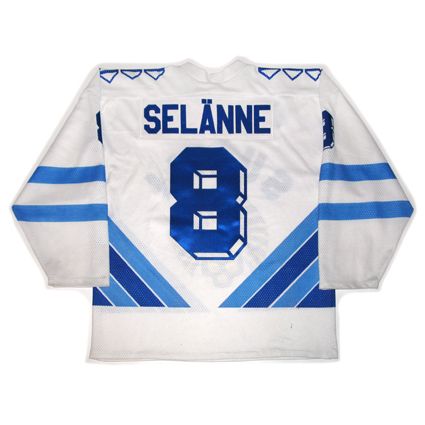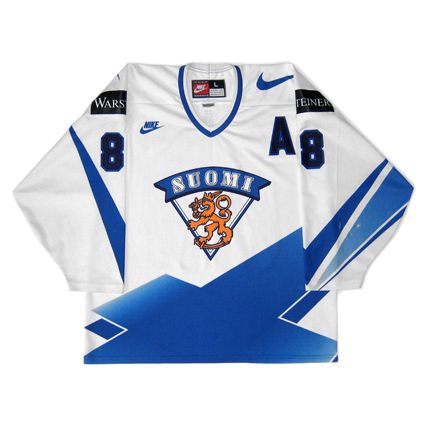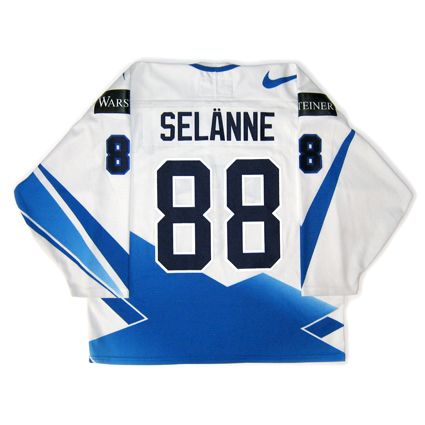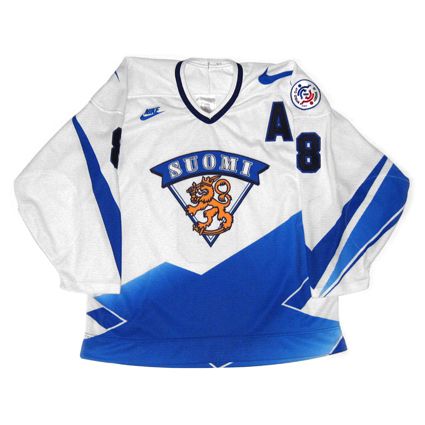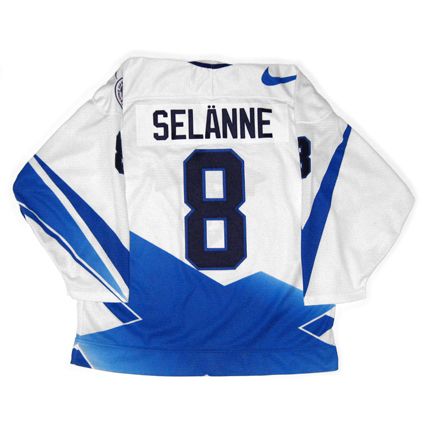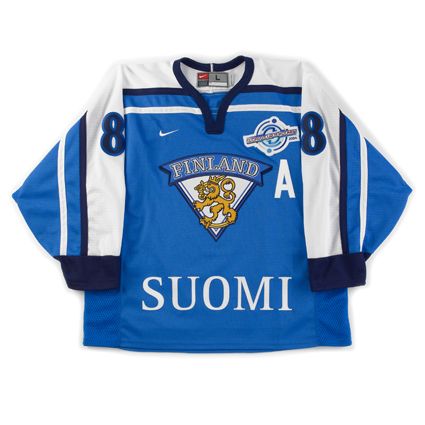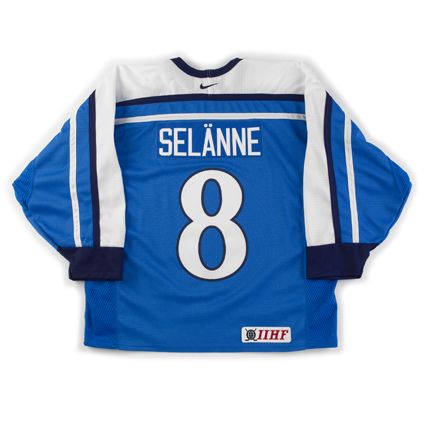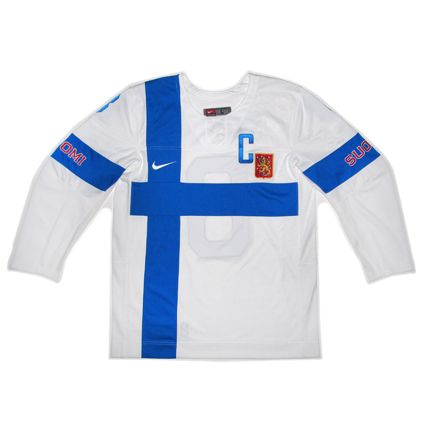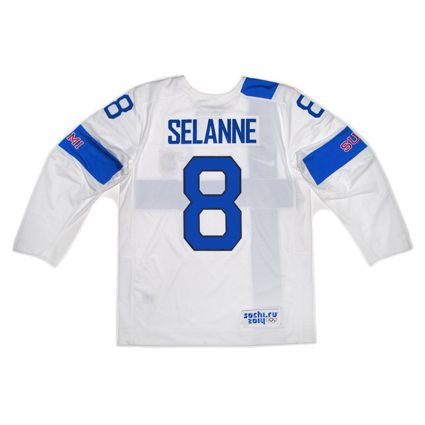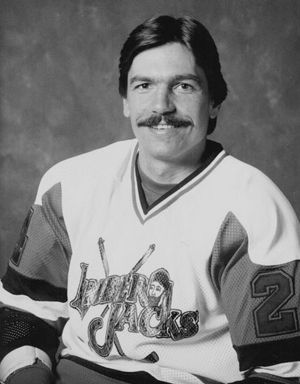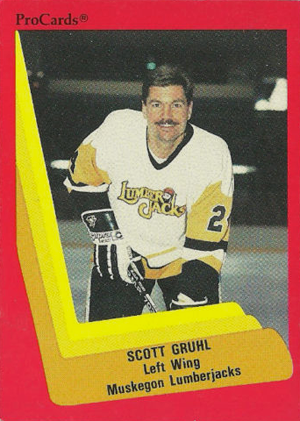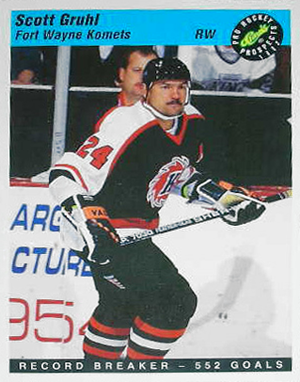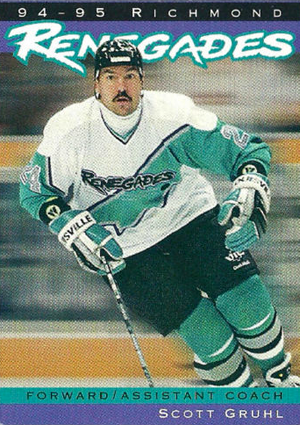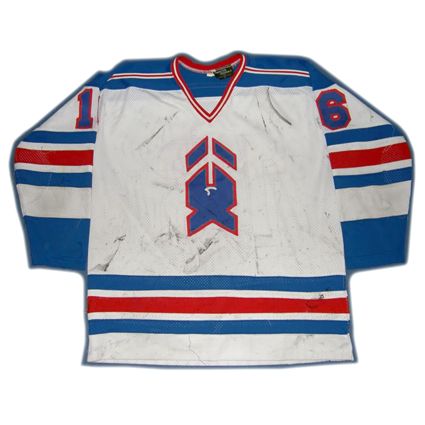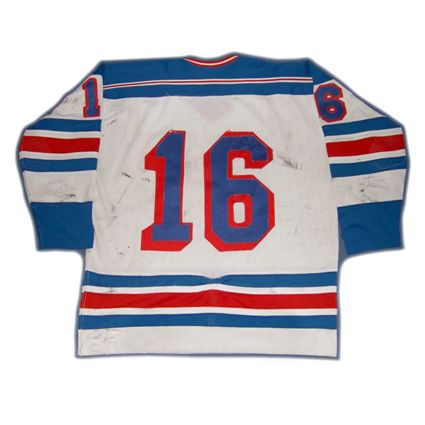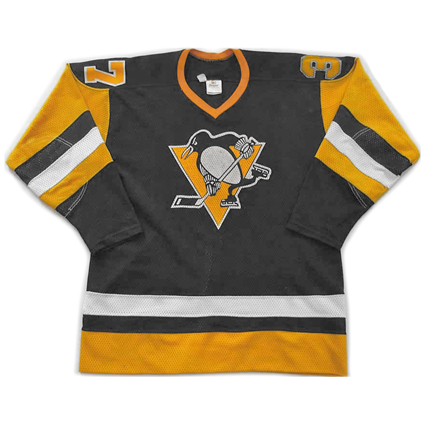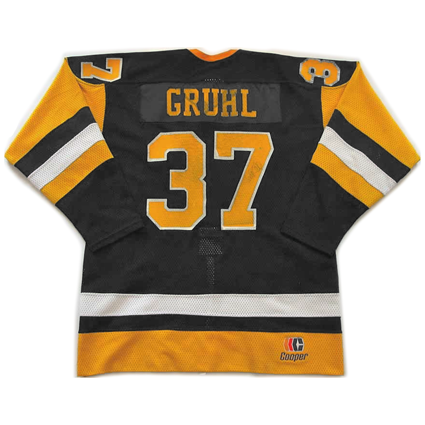For the 1909-10 season, Hyland found a new home with the Montreal Wanderers of the National Hockey Association where he averaged 2 goals per game with 24 goals in 12 contests. The Wanderers dominated the NHA that season with an 11-1 record to win the O'Brien Trophy. With league members the Ottawa Hockey Club having been holders of the Stanley Cup, the Wanderers took possession of the cup from Ottawa.
The Wanderers were then challenged for the cup by Berlin, Ontario (later renamed Kitchener). Hyland had a hat trick as the Wanderers defeated the challengers by a score of 7-3. Three days later Hyland and the Wanderers played a trio of exhibition games in New York City, two against Ottawa and a third versus the Renfrew Millionaires.
Hyland was again with the Wanderers for the 1910-11 season where he tallied 14 goals in 15 games, but overall the club had a down year and had to relinquish the Stanley Cup back to Ottawa.
Hyland was lured west by Frank and Lester Patrick to join their new Pacific Coast Hockey Association in the Vancouver area and became a member of the New Westminster Royals for the 1911-12 season. He scored 26 goals in 15 games to lead the Royals, finishing just one back of Newsy Lalonde's 27. The Royals won the championship of the balanced league with a 9-6 record, but as a start up, the league was not yet eligible for it's champion to challenge for the Stanley Cup quite yet.
He returned to Montreal and rejoined the Wanderers for 1912-13, which included scoring 8 goals on January 27, 1913 against the Quebec Bulldogs on his way to 27 goals in 20 games to lead the Wanderers in his return to Montreal.
He again finished third in league scoring in 1913-14 with 30 goals and 12 assists for 42 points in 18 games. The following season of 1914-15, Hyland was fifth in the league and third on the high powered Wanderers, as he scored 23 goals on his way to 29 points.
After being limited to 14 goals in 20 games of the 1915-16 season, Hyland played in just 13 of the Wanderers 20 games of the 1916-17 season, which proved to be the last for the NHA. Hyland did score 12 goals in his 13 games for the Wanderers and filled out the remainder of his year by playing again for St. Ann's of the city league.
It was a tumultuous time for the behind the scenes business dealings of professional hockey in Eastern Canada. The main fallout of the back room politics was the dissolution of the NHA and the birth of the new National Hockey League.
The Wanderers began play in the new NHL with Hyland on their roster for a ninth season. Hyland made a permanent mark on the NHL when, on the new league's opening night of December 19, 1917, he scored 5 goals in a 10-9 Wanderers win over the Toronto Hockey Club.
Unfortunately, after just four games, the Wanderers' home, the Monreal Arena, burned down on this date in 1918, which forced the already struggling franchise to disband.
The league held a dispersal draft of the former Wanderers players, and Hyland was claimed by the Ottawa Senators. He would play the final 13 games of his career, scoring 8 goals and 9 points before retiring from professional hockey.
He concluded his career with 149 games played in the NHA, PCHL and NHL, scoring 184 goals and 22 assists for 206 points. Hyland was also a member of the NHA champion and Stanley Cup holders, the 1909-10 Wanderers.
Hyland was inducted into the Hockey Hall of Fame in 1962.
Today's featured jersey is a 1910-11 Montreal Wanderers Harry Hyland jersey. The Wanderers were formed in 1903 and were active until their arena burnt down in 1918. All photographic records indicate the Wanderers wore the same white sweaters with a red band across the chest for their entire professional existence.
While the Wanderers only held the Stanley Cup once after Hyland's arrival in 1909, prior to that the franchise finished first in the Federal Amateur Hockey League in 1904 before winning the ECHA championship in 1906 by defeating Ottawa in a two game, total goal playoff to capture the Stanley Cup.
They then won two more ECHA titles in 1907 and 1908 as well as turning away a challenge from the New Glasgow Cubs, winning back the Cup after losing it two months earlier to the Kenora Thistles, and then defending challenges for the cup from the Ottawa Victorias, Winnipeg Maple Leafs, Toronto Trolley Leaguers and Edmonton Eskimos through March of 1909.

